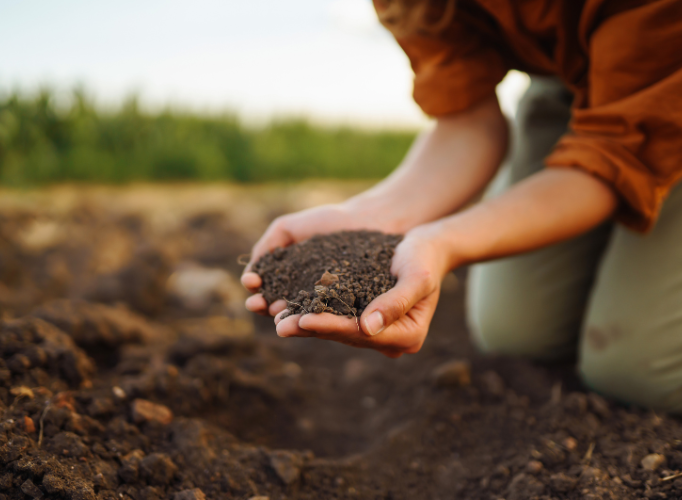 December 5 is celebrated around the world as World Soil Day, and for this year, the theme is “Soil and water: sources of life”. The World Food Programme (WFP) Centre of Excellence Against Hunger, in partnership with the Brazilian Cooperation Agency and with the support of the Brazilian Cotton Institute, implements the Beyond Cotton project, which encourages the sustainable use of the soil through various techniques, such as increasing local biodiversity, planting in rotation systems, succession and intercropping and organic matter intake.
December 5 is celebrated around the world as World Soil Day, and for this year, the theme is “Soil and water: sources of life”. The World Food Programme (WFP) Centre of Excellence Against Hunger, in partnership with the Brazilian Cooperation Agency and with the support of the Brazilian Cotton Institute, implements the Beyond Cotton project, which encourages the sustainable use of the soil through various techniques, such as increasing local biodiversity, planting in rotation systems, succession and intercropping and organic matter intake.
Soil is the basis for the production of food, fibre, bioenergy, and other consumer goods, both human and animal. It literally sustains all forms of life on Earth. It also supports buildings in urban and rural areas, transport infrastructure, and is home to about 25% of the planet’s biodiversity, including macroscopic and microscopic organisms. This balanced interaction between the soil and the local biota is responsible for providing incalculable environmental benefits such as: nutrient cycling, decomposition and mineralization of organic matter, carbon sequestration, soil water availability and quality, erosion and flood control, pollination and seed dispersal are just some of these benefits.
The need for sustainable use and protection of this precious natural resource is present in at least three of the Sustainable Development Goals (SDGs): SDG 2 (Zero Hunger and Sustainable Agriculture); SDG 6 (Clean water and sanitation); and SDG 15 (Life on Land). Learn more about the Beyond Cotton project here.




